Former presidential spokesperson, Garba Shehu, has admitted to fabricating the controversial 2017 story about rats invading President Muhammadu Buhari’s office in the Aso Rock Villa, revealing that the narrative was intentionally crafted to divert public attention from the president’s failing health.
Shehu made the revelation in his newly released book, According to the President: Lessons from a Presidential Spokesperson’s Experience, where he recounted key moments during his time as the Senior Special Assistant on Media and Publicity to former President Buhari.
In Chapter 10 of the book, titled “Rats, Spin and All That,” Shehu disclosed that the infamous rat invasion tale was a strategic media spin aimed at shielding Buhari’s prolonged health absence from further scrutiny.
According to him, the situation escalated after fellow media aide, Bashir Ahmad, announced Buhari’s return to the country and stated that he would be working from home—sparking intense media curiosity about the true state of his health and his capacity to resume official duties.
“With reporters wanting to know more, the number of calls increased, with some, including the BBC Hausa, interrogating me on the type of rats we had in the Villa that could eat wire cables,” Shehu wrote.
“To get them off my back, I referred them to the strange rats that invaded the country in the 1980s during the rice armada episode. My aim was simple: change the conversation.”
Shehu further revealed that during a later meeting, then Minister of Information, Lai Mohammed, and Vice President Yemi Osinbajo questioned his decision to use such a bizarre narrative. However, he insisted the diversion worked.
“I wanted the discussion to shift to any other issue besides the president’s health and his ability to continue in office. In my view, that spin succeeded,” he claimed. “Both of them disagreed, saying that this was well off the mark.”
The rat story at the time sparked a storm of controversy and ridicule across Nigerian media and social platforms, with many questioning the credibility of the presidency’s communication strategy.
Shehu’s revelation has reignited debate about transparency in governance and ethical boundaries in political communication, especially at the highest levels of power.
His admission also raises further questions about how far government officials are willing to go in managing public perception during times of crisis.
Do you want to share a story with us? Do you want to advertise with us? Do you need publicity for a product, service, or event? Contact us on WhatsApp +2348183319097 Email: platformtimes@gmail.com
We are committed to impactful investigative journalism for human interest and social justice. Your donation will help us tell more stories. Kindly donate any amount HERE



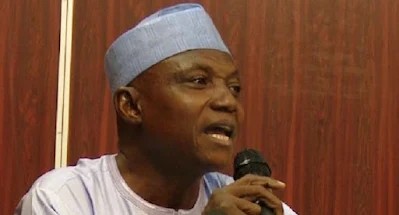







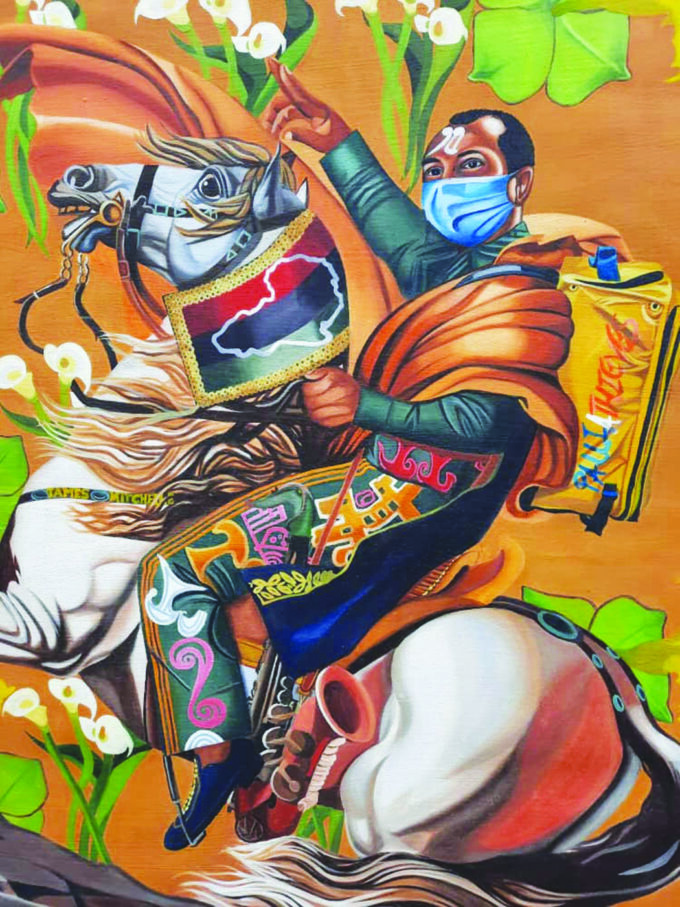


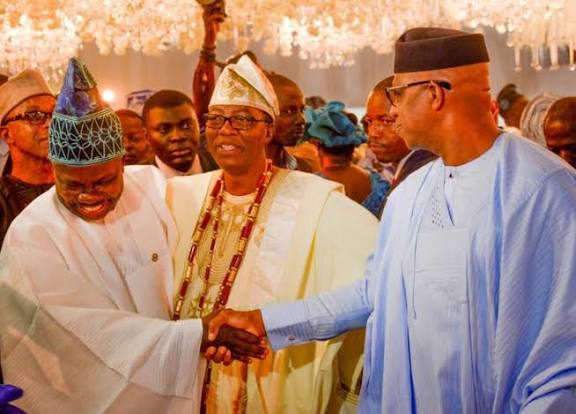
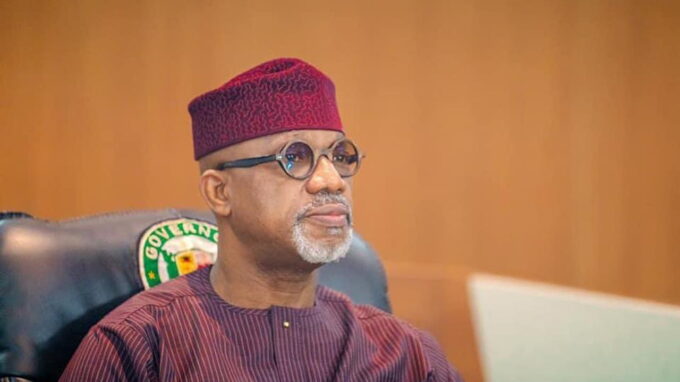

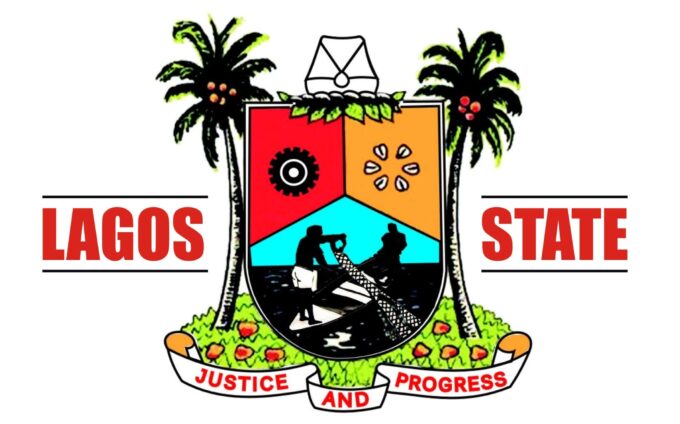





Leave a comment